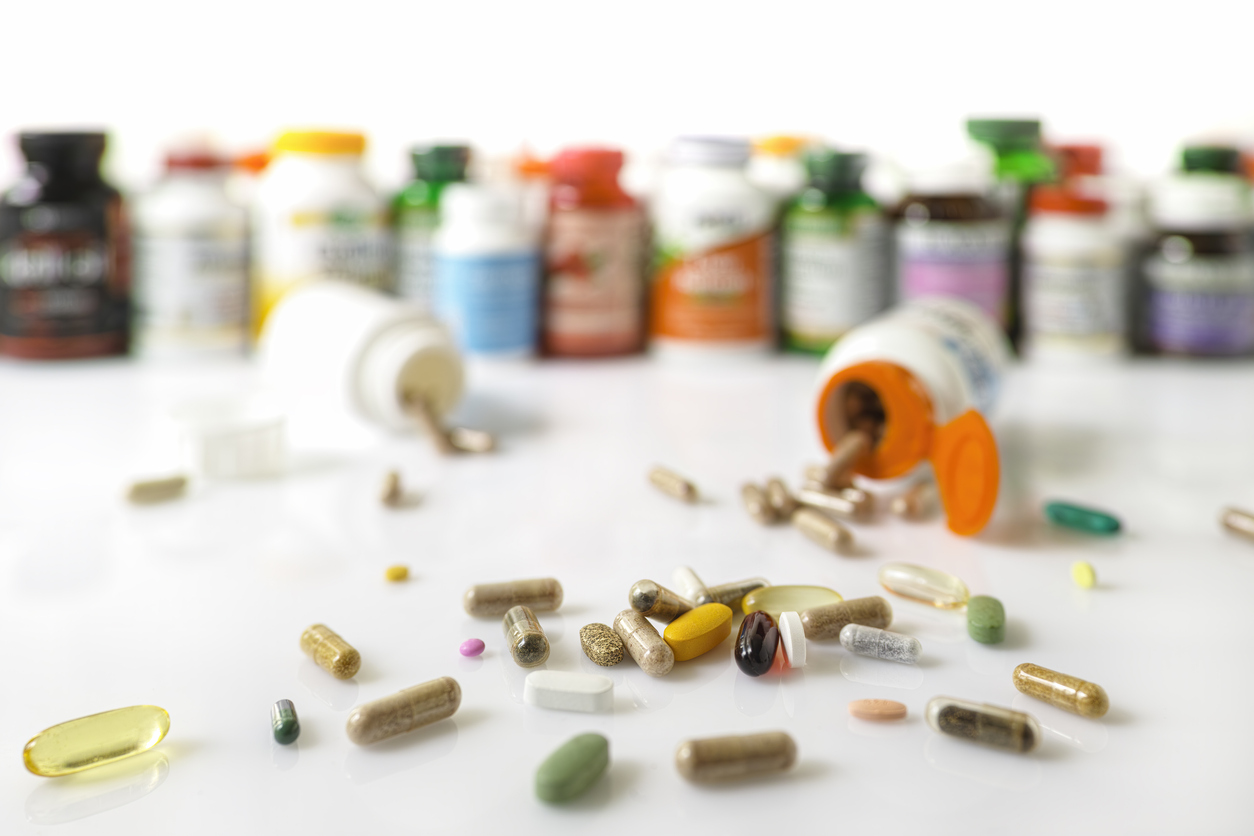Type ‘prostate cancer’ and ‘supplements’ into Google and your browser will fill with options offering to ‘support’, ‘boost’ or ‘improve’ your health.
But can any actually deliver on that?
It’s a complicated question. For while some studies involving vitamin D, say, or turmeric, show real promise, it is only that – promise – and there is little hard and fast proof that they help, certainly once someone has cancer.
The thing is that proving something has one effect in a test tube is very different to proving that this same effect happens in the human body.
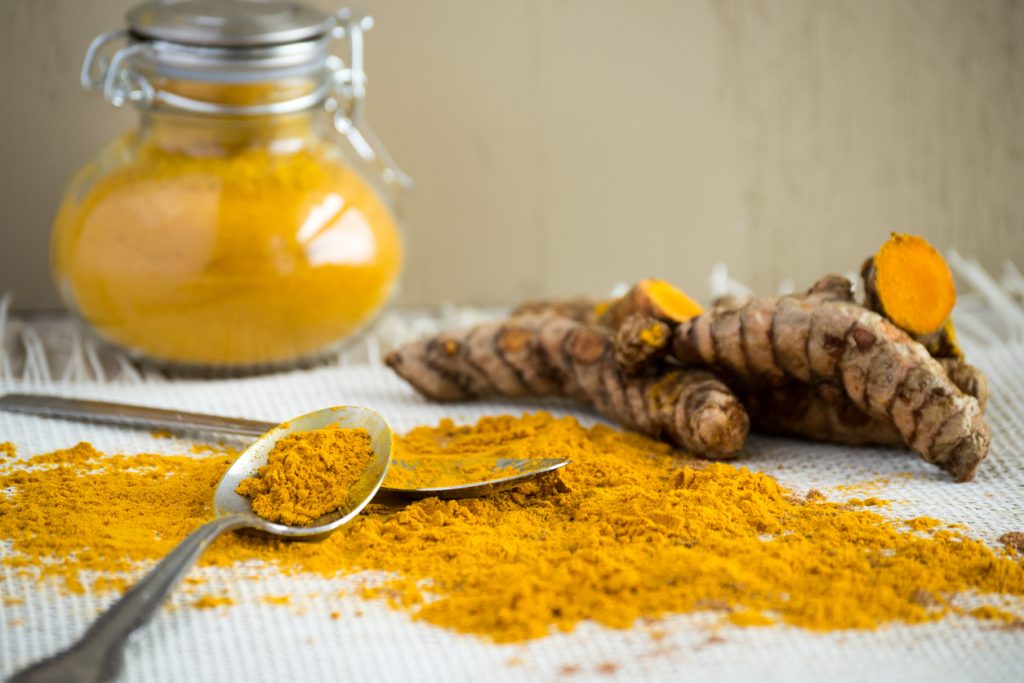
That is especially true of the work looking at the potential of turmeric. On the face of it, some of the studies examining the anti-cancer effects of this yellow spice – or specifically the active ingredient within it, curcumin – appear encouraging, at least.
Some studies suggest that it may stop the spread or growth of cancer cells and there has been at least one study examining whether turmeric could be used as a stand-alone treatment.
But most of the work being done on turmeric is not on human patients, it is conducted in laboratories.
And one problem with curcumin is that it isn’t very well absorbed in the body, so as yet there is not enough evidence to say for sure that it works. For that we must await the outcome of bigger trials.
What I suggest to patients who want to try turmeric is to add the spice itself to food rather than buying often costly supplements. Add a teaspoon to scrambled eggs (it doesn’t give heat so much as colour), try a turmeric tea and, of course, add it to curries. It won’t do you any harm.
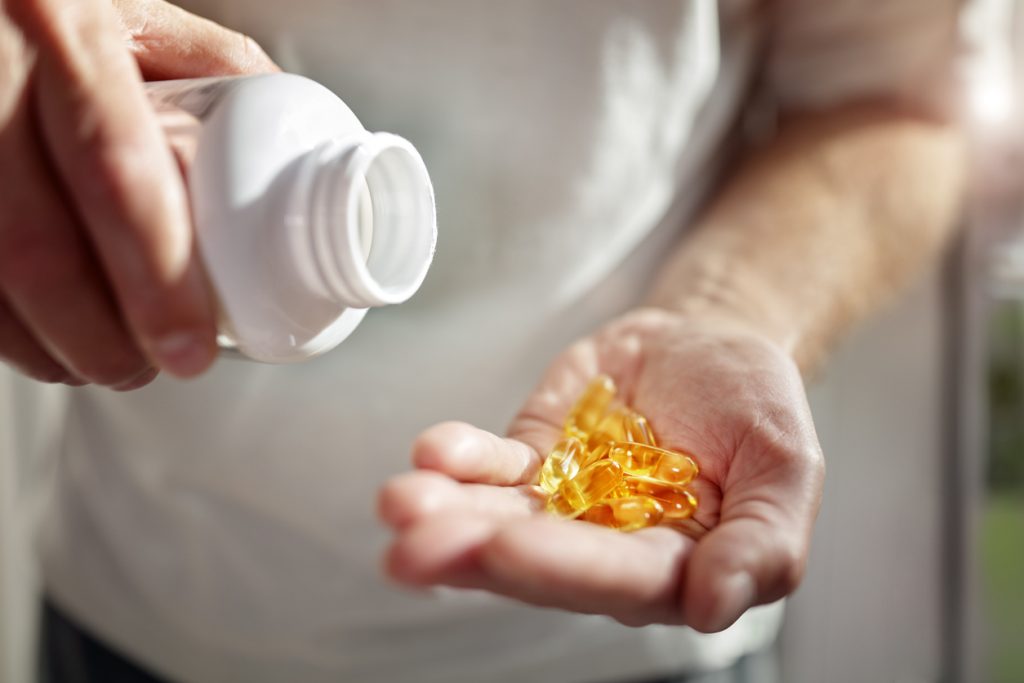
Vitamin D is also the subject of a great deal of research regarding not just cancer but other diseases too.
It’s otherwise known as the sunshine vitamin as it’s produced in the skin in response to exposure to sunlight. One recent study suggested that regular exposure to sunshine could cut the risk of developing prostate cancer by a third.
Could Vitamin D help prevent prostate cancer?
READ ARTICLE HERE
Another study suggested that men with lower levels of this vitamin are more likely to be diagnosed with aggressive forms of prostate cancer.
Research is also underway to investigate whether very high doses of vitamin D can help prevent the progression of low-risk prostate cancer.
At the moment, a high dose is considered to be anything over 1000 IU (international units) daily, but please don’t try this at home. It is easy to overdo it and excess levels can, for example, lead to raised calcium levels, which can increase the risk of kidney stones and kidney failure.
Generally, Vitamin D is needed for a healthy immune system and bone health – which is why it is recommended for people (especially those living in northern latitudes) to take supplements for all-round good health even if they don’t have cancer.
In the winter months the UK health bodies advise taking 10-25mcg (400-1000 IU) per day. In the US the advised daily dose is 10-20mcg a day.
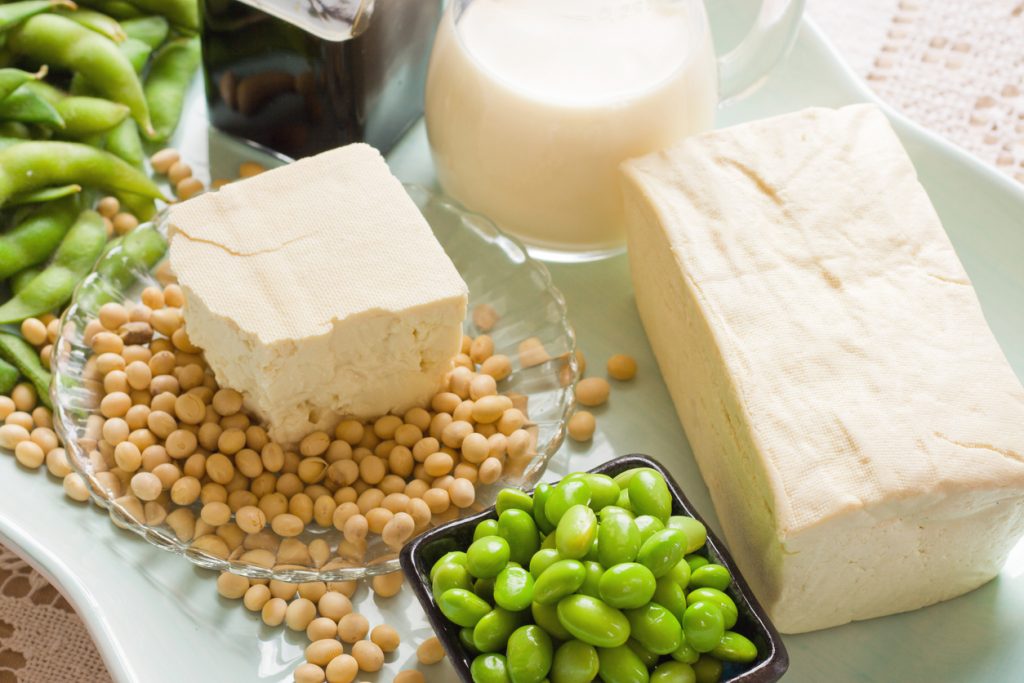
An interesting area of research – and one that has yet to gain a lot of attention – is the work looking at phytoestrogens. These are oestrogen-like substances found in certain plants such as soybeans that are thought to attach to oestrogen receptors on prostate cancer cells. They are also available as a supplement.
A review of studies carried out in 2020 concluded that phytoestrogens had several potential anti-cancer actions, and may make cancer cells more sensitive to certain treatments such as radiotherapy or hormone treatment. It may also protect healthy cells from damage arising from the cancer treatment.
Yet once again the scientists behind this work stressed more trials were needed to determine the effects and the dose that might be needed.
If you want to increase the phytoestrogens in your diet, add sesame or flaxseeds to your cereal (ideally porridge, as oats are also a good source), eat more lentils and chickpeas, and try experimenting with tofu.
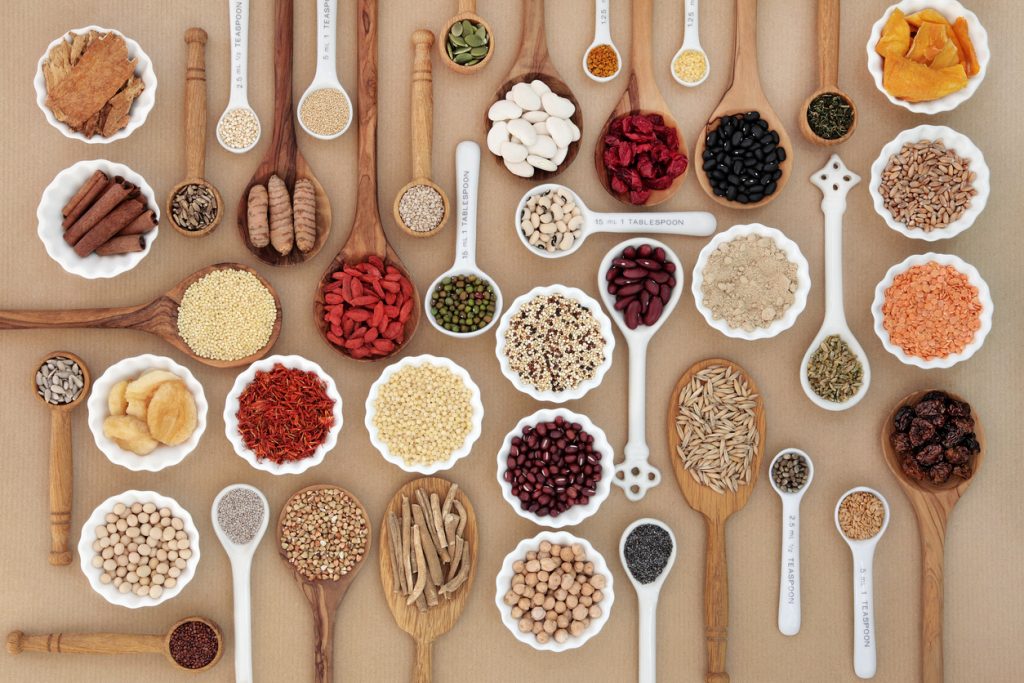
Even with simple vitamins, the evidence is mixed. For example, some studies have found vitamin E reduces the risk of prostate cancer, others that it increases it.
Some people diagnosed with cancer think they should start taking a multivitamin, but this isn’t necessary and is no replacement for a good diet that will also provide things like fibre (needed for a healthy gut) as well as other nutrients you won’t get from a capsule.
If you’re undergoing cancer treatments it may be that you are recommended certain supplements such as iron, if you become anaemic.
But remember, supplements can interfere with chemotherapy, and it is important to let your oncologist know if you are taking anything that is not prescribed to make sure it is safe to take alongside your treatment.
The bottom line is that although some supplements may be of benefit, equally they may not. We just don’t know for sure yet.
Sources
https://www.mdpi.com/2218-273X/10/11/1536/htm
https://pubmed.ncbi.nlm.nih.gov/34572272/
https://clincancerres.aacrjournals.org/content/20/9/2289.abstract
https://ec.bioscientifica.com/view/journals/ec/7/12/EC-18-0283.xml
https://bmjopen.bmj.com/content/11/3/e044055

